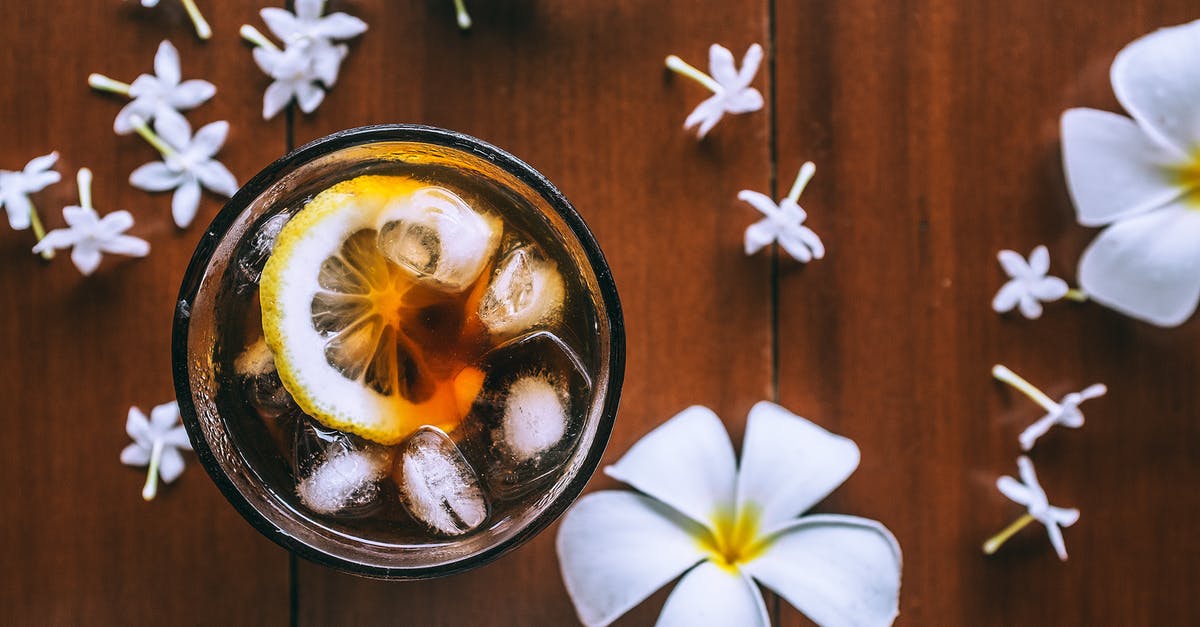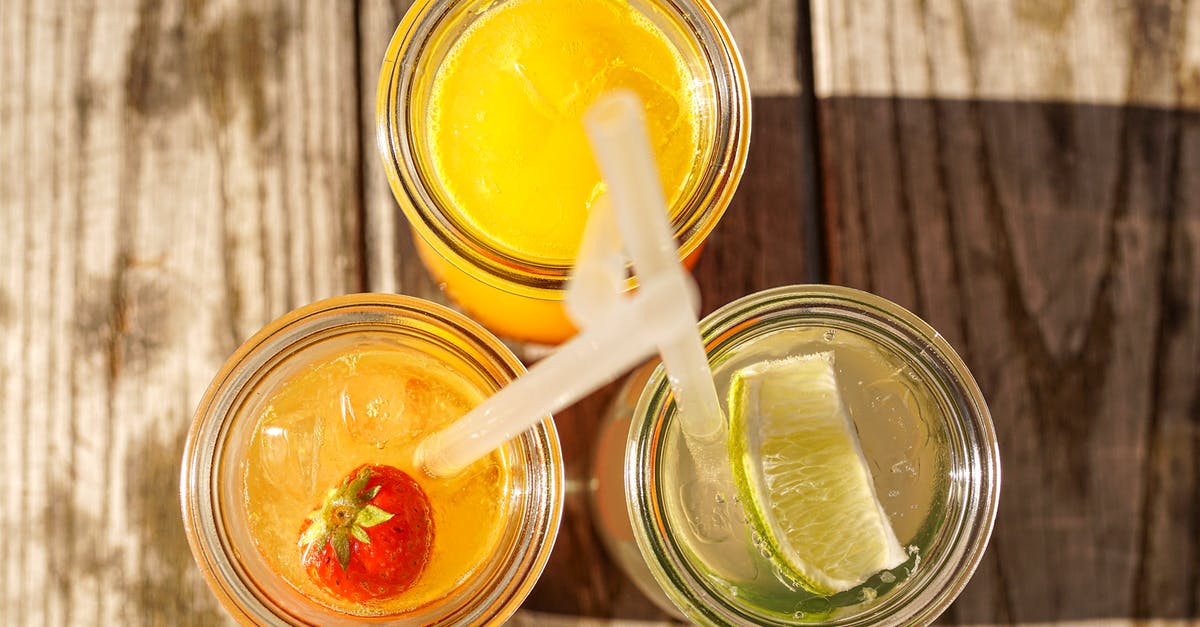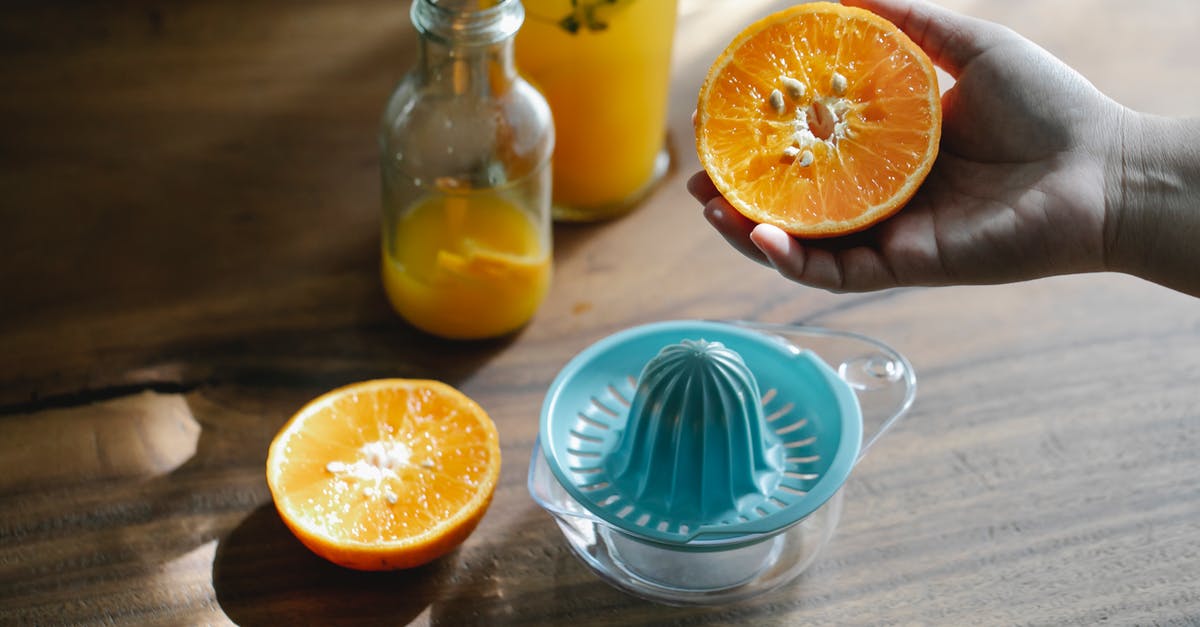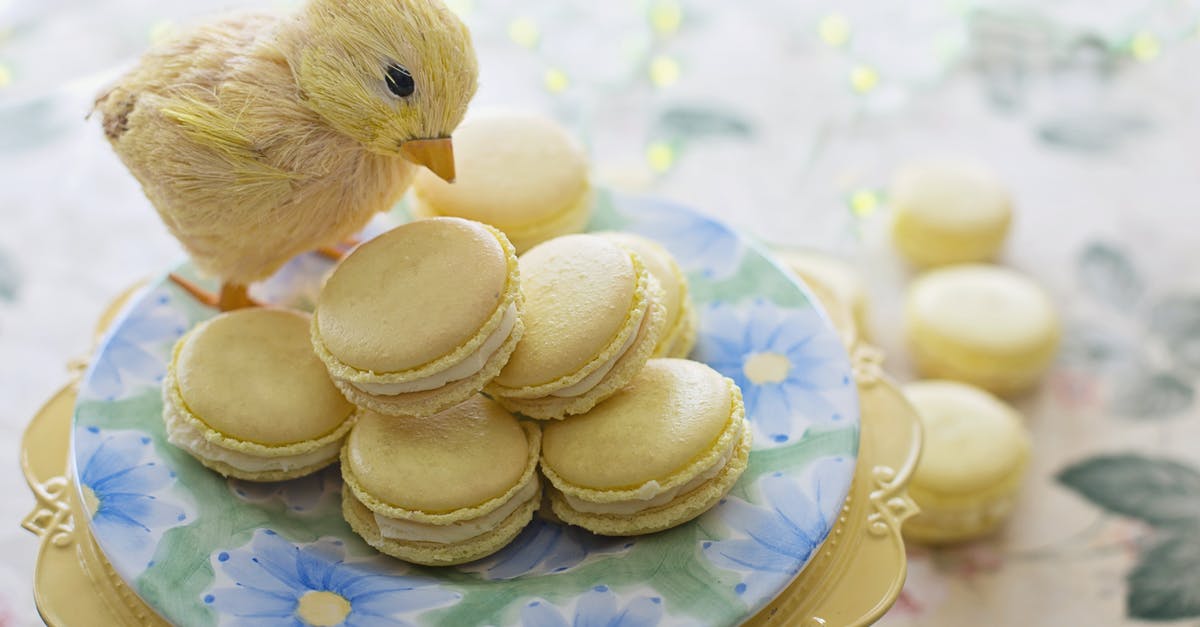How to increase the perceived sweetness of homemade lemonade without sweeteners?

I have been making homemade lemonade for a few years in the summer and slowly, starting from an online recipe, I have been perfecting it (on a mainly trial and error basis) to reduce the amount of caster sugar I put into it, the recipe thus far is:
- 4 M-S lemons or 3 L
- 1 orange
- 90g caster sugar
- 1l water
I clean and zest the orange and lemons and set the zests to simmer for 2 mins (in as much water as needed to just cover them) while i squeeze the juice of all the citrus fruits. I boil 600ml of the water while keeping the other 400 cold. Into the boiling water I place the caster sugar and then the juices followed by the simmered water (straining the zest peels) and finally the cold water on top and let it to rest.
This adds enough sugar to curb the lemony sourness (which personally I don't mind) and adds some sweetness to it all. I like the addition of the sweeter orange to the mix too.
I was wondering if any of you have advice on how to maybe reduce the sugar further and find an alternative way to curb the sourness just enough to have the pleasant lemony flavour and yet achieve a nice level of sweetness.
I don't want to use any traditional sweetener: neither a different form of sugar, nor an artificial sweetener. Are there ingredients or methods which will nevertheless increase the perceived sweetness of the drink and allow me to further reduce the sugar content?
Best Answer
Lemonade is of course all about balancing the sweet and the sour. It stands to reason that if you're trying to amp up the sweetness, you can either add more sugar (the opposite of the goal here) or reduce its opposite, the sour.
Reducing both sugar and the acid is equivalent to diluting your lemonade, so one of the first things you could try is simply adding more water. However, that will give you a more diluted and less flavorful end product overall, so let's assume that you're trying to avoid that as well.
With that as the goal, here are two things I would try:
Your method as written involves simmering the citrus peels in water. It's a good notion to extract as much flavor as you can from the peels, but water isn't the best means to extract that flavor; it's actually the sugar. The reason is that many of the flavorful essential oils aren't water-soluble, at least not on their own. Instead, try placing the peels in a non-reactive bowl and pouring the sugar over them. Muddle (i.e. gently crush) the peels to break their cells and release some of the oils. Then let the sugar stand and absorb some of those oils for 30-45 minutes. This is known in geeky cocktail circles as creating an "oleo-saccharum" and is an essential step in making really good, authentic punch, the goal being to get as much citrus flavor as possible. After the resting period, add the sugar and peels into your boiling water, stir until the sugar dissolves, and then strain out the peels from the finished syrup. With this method, you will get more citrus flavor overall, so you could dial back the juice slightly to taste in order to get a sweeter end result with the same citrusy profile.
This sounds counter-intuitive, but try adding a very small amount of salt to the lemonade. I would say about a small pinch to 1/8 tsp in a full 1-liter batch, but you'll have to tweak for your preference. With such a small amount, you won't actually taste the salt, but you will notice its effect. Salt has a suppressive perceptual effect on both sourness and bitterness, and adding a small amount to a solution that is both sweet and sour (like lemonade) will dial down the perception of sourness. Here's a previous answer that I wrote on this same effect related to suppressing bitterness, but the effect is similar. Here's a chart that provides a great summary; the second line from the left shows the perception of sweet vs. sour, and the fourth shows what happens when you add salt. Notice that the perception of sweetness stays nearly the same, while the perception of sourness lowers significantly. It's a neat trick!
There are probably more exotic and interesting methods, but these are where I'd start.
Pictures about "How to increase the perceived sweetness of homemade lemonade without sweeteners?"



What makes the lemonade tastes sweet it is?
Some tastes are created by one specific small particle (such as the hydrogen ion, H+, for the sour taste) whereas other tastes are activated by several long complex particles (for instance, sucrose, sucralose and saccharin all induce a sweet taste).What ingredient will enhance the sweetness of sugar?
Spice it up. Adding spices can enhance the taste of food. Cinnamon, nutmeg, ginger, cloves, allspice, mace, cardamom and star anise are commonly associated with sweetness. These spices are often used in baked goods and pair especially well with fruit dishes.Does sugar make lemonade sweeter?
Many modern lemonade recipes call for making a simple syrup \u2014 sugar and water boiled together \u2014 for sweetening summer lemonade, but if you stir the sugar directly into the lemon juice you can skip the simple syrup and get to lemonade faster \u2014 no heat required.What is a substitute for sugar in lemonade?
Raw Honey Raw (or unprocessed) honey has a lot of advocates for many reasons. It contains vitamins, minerals, amino acids, and enzymes. Since it's raw, it has no additives and tastes just as sweet as refined sugar in food.Make ANYTHING taste sweet without sweetener!
More answers regarding how to increase the perceived sweetness of homemade lemonade without sweeteners?
Answer 2
I don't know when this will be practical for home cooking, but there's a recent report out that sweetness is greatly affected by volatiles in the fruit, and that the 'perceived sweetness' isn't always directly related to the amount of sugar in an item:
http://www.bbc.com/future/story/20150610-the-smells-that-make-sweet-sweeter
You're already using oranges, but adding the zest (not pith), and maybe some strawberry juice (which is ranks high in perceived sweetness for the grams of sugar in it) might help you to reduce the overall sugar required.
Answer 3
Due to the way neurology works, you don't need to consume sweet stuff to feel a sweet taste. Eating something which has a strong aroma associated with sweetness will also be perceived as sweet.
This is why you can use strong aromatics which are almost always (in Western cultures) consumed in an overly sweet setting. This will be vanilla, and also flower petals. Elderflower, rose (the oil type) and acacia have a strong smell which already feels sweet when you are around the plant without having anything touch your tongue. They make great syrups and jams, and go well with sour tastes. I'd say try to add them. It will not be pure "lemon"ade any more, but it will certainly have a nice flavor profile and can feel satisfactory sweet with reduced sugar.
Answer 4
Maybe this is unrelated to the experience of lemonade's sweetness, but I know some people who really enjoy nutmeg in their lemonade. I'm not sure if something like that would seem worth trying, but I figured maybe it was worth sharing.
Sources: Stack Exchange - This article follows the attribution requirements of Stack Exchange and is licensed under CC BY-SA 3.0.
Images: Maria Orlova, Susanne Jutzeler, suju-foto, Charlotte May, Jill Wellington
